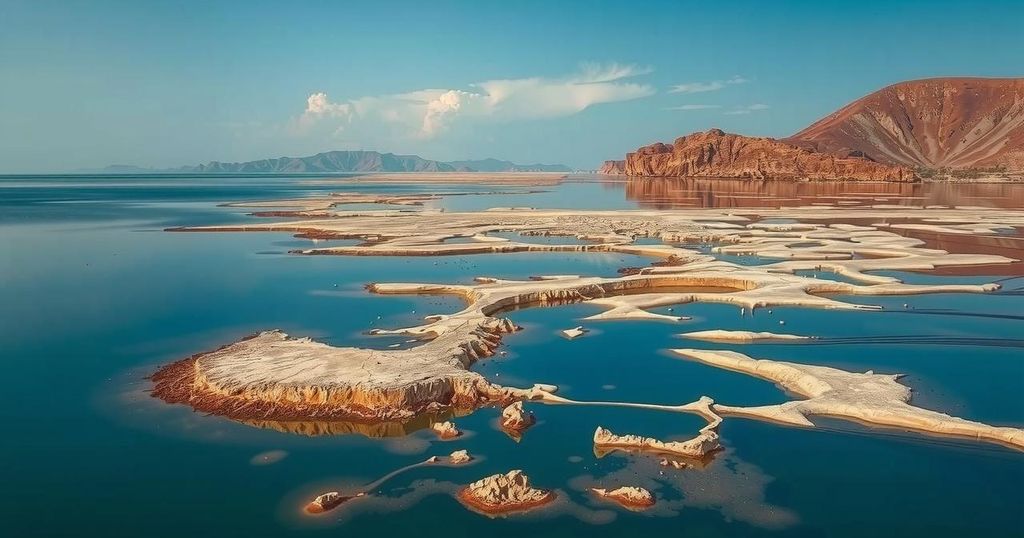Severe Drought Impacts Lake Kariba, Endangering Power Supply of Zambia and Zimbabwe

A severe drought has significantly reduced Lake Kariba’s water levels, leading to extensive power cuts in Zambia and Zimbabwe. With the dam’s output rationed, only one turbine remains operational in Zambia, highlighting the urgent need for diverse energy sources. Plans for coal and solar energy are being expedited as both nations face economic pressures and hope for early rains to alleviate the crisis.
The severe drought currently affecting the region has depleted Lake Kariba, the world’s largest artificial lake, to critical levels. This situation poses a significant threat to the operation of the dam responsible for generating a substantial portion of electricity for both Zambia and Zimbabwe. Lengthy dry spells, intensified by the El Niño phenomenon, have resulted in severe power outages—reaching up to 21 hours daily in Zambia and 17 hours in Zimbabwe—thereby adversely affecting the livelihoods of citizens and further straining already fragile economies. The diminishing water levels have compelled the dam’s power stations to reduce their output, with only one of the six turbines on the Zambian side currently in operation. This crisis underscores the pressing necessity for both nations to diversify their energy sources, leading to expedited plans for coal and solar energy facilities. Although Zambia’s upcoming rainy season is predicted to follow normal patterns, officials express hope for early rainfall to mitigate the ongoing crisis, as economic growth forecasts for both countries face downward revisions.
Lake Kariba serves a critical role in providing hydroelectric power for Zambia and Zimbabwe. Recent climatic changes, particularly a reduction in rainfall linked to severe drought conditions and exacerbated by the El Niño phenomenon, have greatly lowered the lake’s water levels. This alarming trend not only threatens electricity generation but also underscores the economic vulnerabilities faced by both nations, which are heavily reliant on hydroelectric power for industrial and domestic energy needs. Given the urgency of the situation, policymakers are compelled to seek alternative energy solutions to ensure a stable and sustainable energy supply.
In conclusion, the drought affecting Lake Kariba has resulted in critical energy shortages for Zambia and Zimbabwe, causing severe disruptions in daily life and economic activities. The current crisis reveals the urgent need for both countries to enhance energy diversification through alternative sources such as coal and solar power. As regional officials aim to address the immediate challenges and anticipate the upcoming rainy season, the necessity for long-term solutions to energy dependency becomes increasingly apparent.
Original Source: www.africa.com






